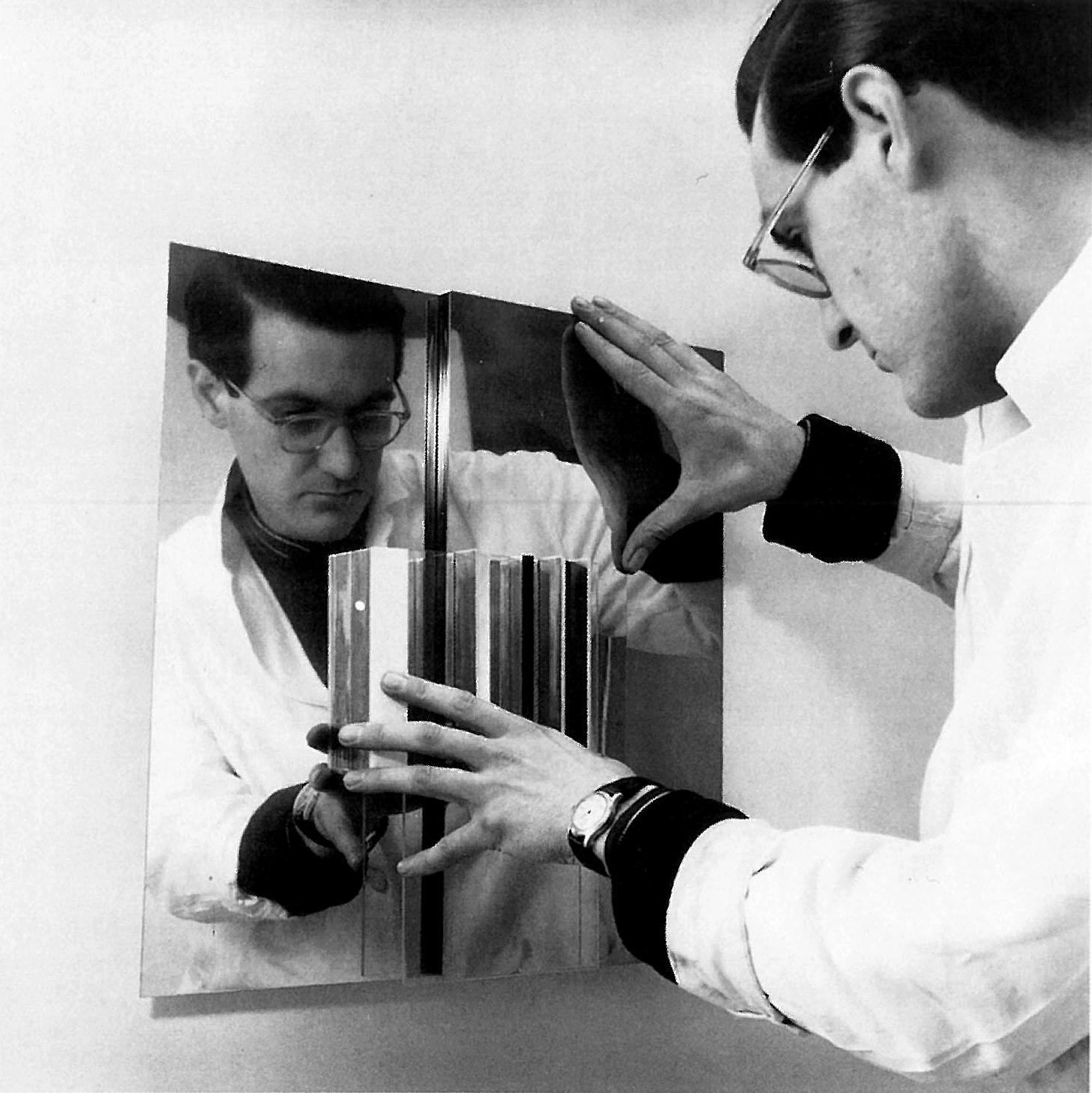
10.09.17 - Matthew Allen on Architecture and the Algorithm
On September 2, Lecturer Matthew Allen presented a paper titled “"Architecture and the Algorithm, or: What Happens When Abstract Art Meets Concrete Poetry?" at the Annual Meeting of the Society of Social Studies of Science on in Boston.
From the abstract:
Cambridge UK in the 1960s saw a surge of interest in pre-war abstract art and a thriving concrete poetry scene. Also in this milieu one of the first laboratories in which architects worked with computers opened in 1967. To explain how these events are related, this paper describes how a new discipline (built form studies) adjacent to architecture congealed around a new epistemic object, the algorithm.
The concept of the algorithm was famously formalized in 1936 by Alan Turing as a jarring combination of abstract procedure and physical analogy. In post-war Cambridge, philosophers of science continued to parse the divisions between the poetic and the concrete. This line of inquiry made its way into architecture as several mathematics students switched departments around 1960. With the opening of a university computer center, they faced the practical matter of working rigorously in the realm of the algorithm.
I argue that this productive moment set in place concepts and practices that continue to reverberate through architecture. Assessing their impact is difficult, however, because they did not resolve into a broad explanatory theory. I argue that algorithms often took the place of theory. Because an algorithm can be seen as containing its own explanation, protagonists of built form studies developed a matter-of-fact textual style that lends itself to misinterpretation. Though a close look at algorithms created in 1960s Cambridge, I will elaborate a catalog of aesthetic effects and political intentions and begin to reconstruct a retroactive theory for relating architectural ends with algorithmic means.
An architect and writer, Allen has a Master of Architecture degree from the Harvard Graduate School of Design as well as degrees in Physics and the Comparative History of Ideas. He has worked previously in the video game and bioengineering industries as well as several internationally-recognized firms — most recently for Preston Scott Cohen, Inc., on a number of award-winning projects in China. His expertise in design spans the intricately geometric, the flexibly parametric, and the complicatedly situated.

